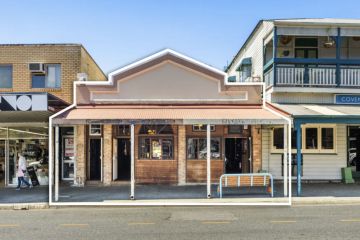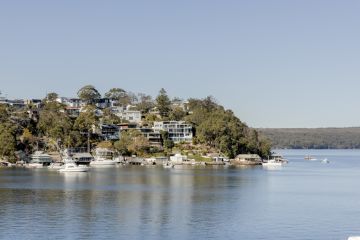Madrid bans short-term holiday properties that do not have separate entrances for tourists

The Spanish city of Madrid is cracking down on Airbnb and other short-term holiday rentals by introducing new laws to ban properties that do not have their own private entrance.
Thousands of holiday rentals could have to shut up shop under the new regulations introduced in a bid to stop locals being pushed out of the city, as a growing number of houses and apartments are rented out to tourists.
The city council of Madrid announced last week that owners looking to rent out their property to tourists for more than three months of the year would require a special licence. To get this, their property must have an independent entrance and — if it is an apartment — a separate elevator and staircase for short-stay guests.
Many landlords, particularly in inner-city areas where apartment listings are rife, won’t be able to meet such conditions, with Agence-France Presse reporting the new rule could make about 10,000 current rentals illegal.
Airbnb director general Arnaldo Munoz feared the new regulation could cost the local economy hundreds of millions of euros, but the council said rising rents and a dwindling supply of long-term rental accommodation had forced it to act.

Mayor Manuela Carmena said the policy was designed to reduce the number of residents fleeing the city to escape the increasing cost of living there, with rents increasing about 15 per cent last year, according to the Fotocasa real estate portal.
The plan aims to preserve the residential use of the city centre by slowing down the rate at which housing is being converted into tourist accomodation, the council said. However it also aims to redistribute short-term holiday listings — and the economic activity they bring — to other parts of the city to create a more even spread.
As part of this, the requirement for private entrances to short-term holiday properties will not be enforced for most buildings in outer Madrid – meaning tourists and residents will have to learn how to better share these spaces.

The Spanish capital is one of a growing list of cities cracking down on short-term letting.
In Amsterdam, hosts are only allowed to rent out an entire property for 30 nights a year, while cities such as Paris, Barcelona and New York are also among those putting caps in place. Other measures introduced include guest restrictions, registration requirements and fees and tourist taxes.
Closer to home, the NSW government announced last year that a mandatory code of conduct would be introduced for short-term letting hosts and guests and that properties in Sydney, Newcastle and Wollongong could only be rented out for a maximum of 180 days a year if the owner was not present.
Strata scheme management laws will be amended to clarify that by-laws can prohibit short-term holiday letting, but only for lots that are not a host’s principal place of residence.
Meanwhile in Victoria, members of an owners corporation or strata community can take their grievances about owners of rowdy short-stay apartments to the Victorian Civil and Administrative Tribunal, which can lead to fines of up to $1100 for the owners in question and $2000 in compensation for affected residents.
We recommend
States
Capital Cities
Capital Cities - Rentals
Popular Areas
Allhomes
More
- © 2025, CoStar Group Inc.







